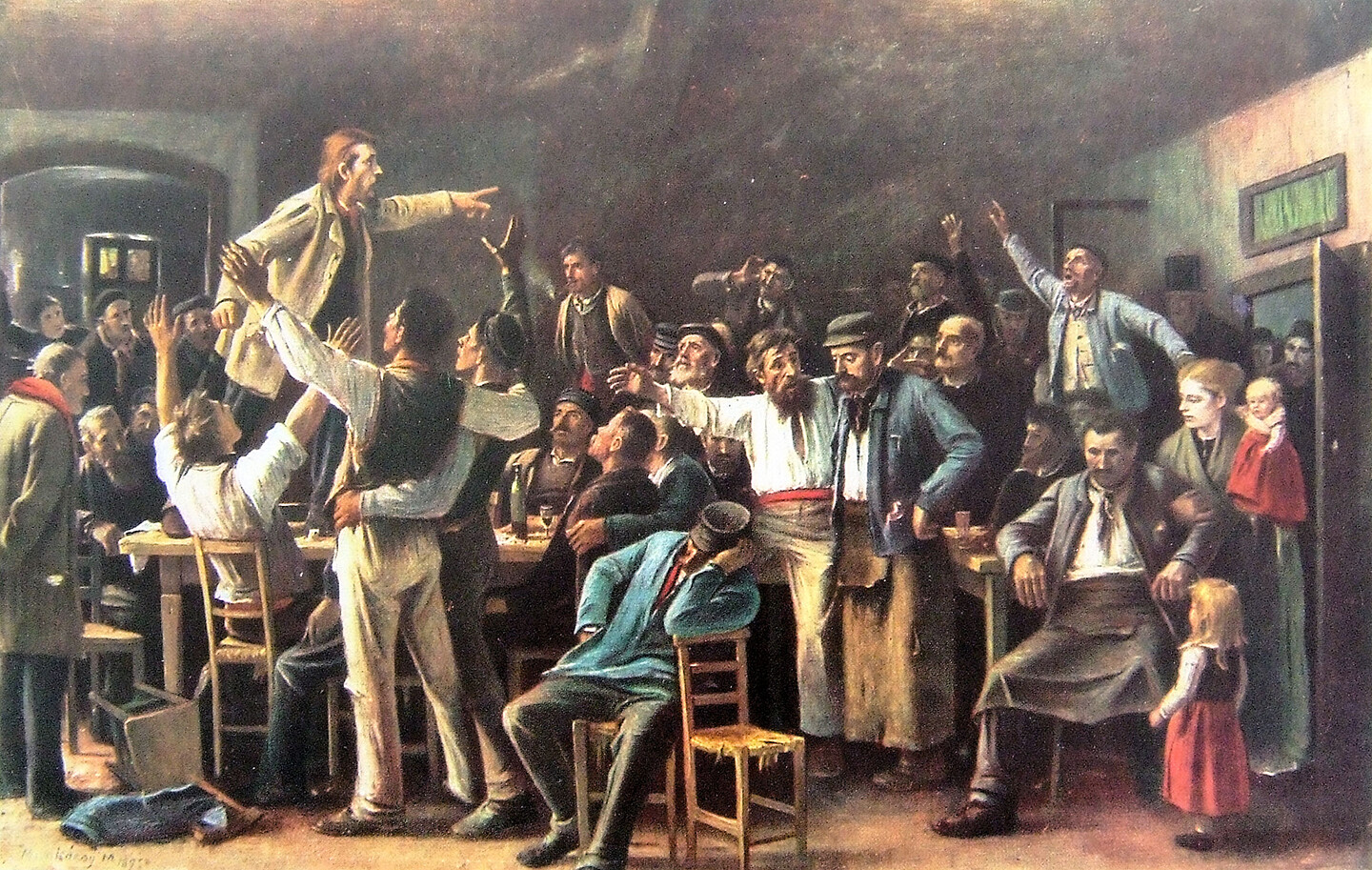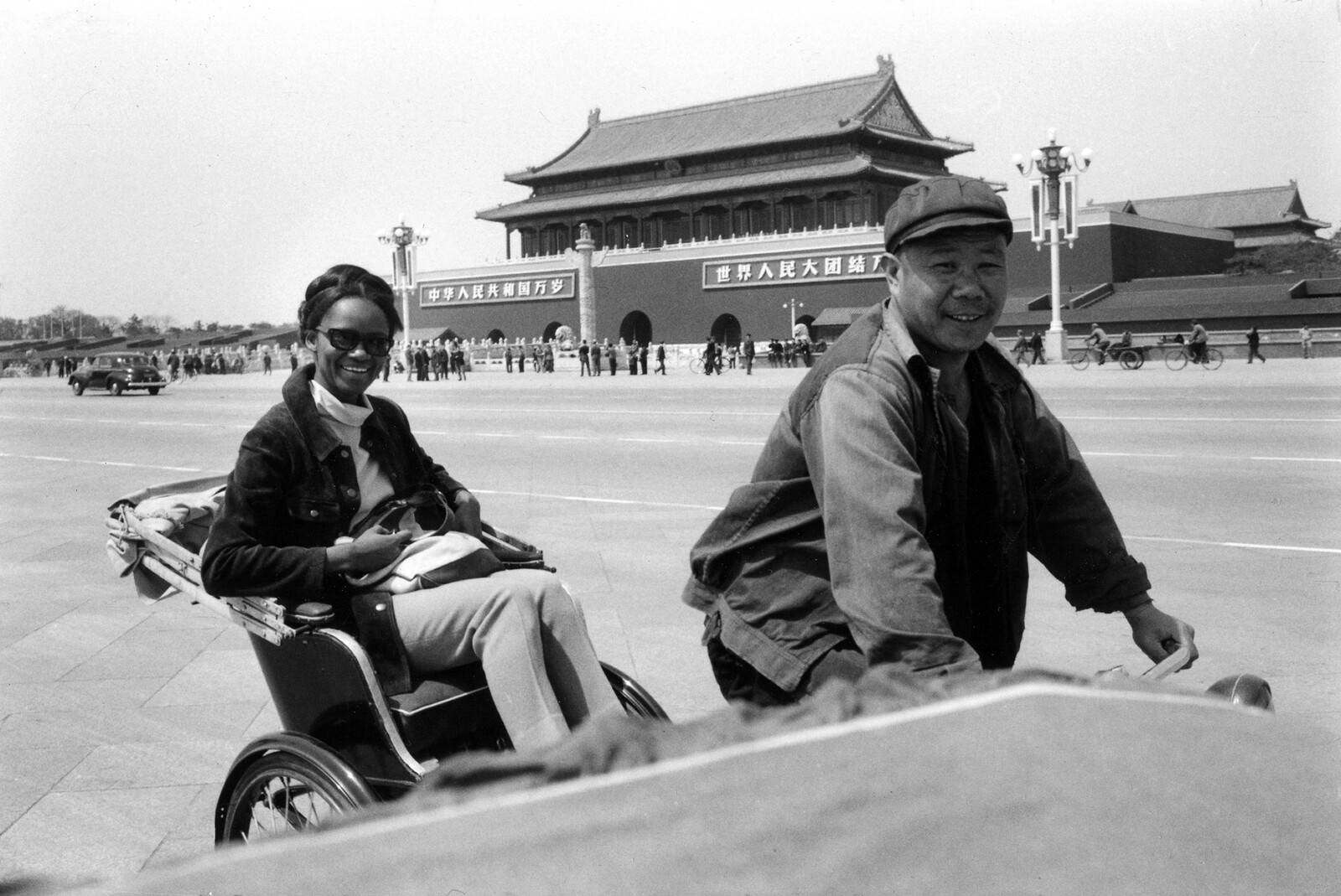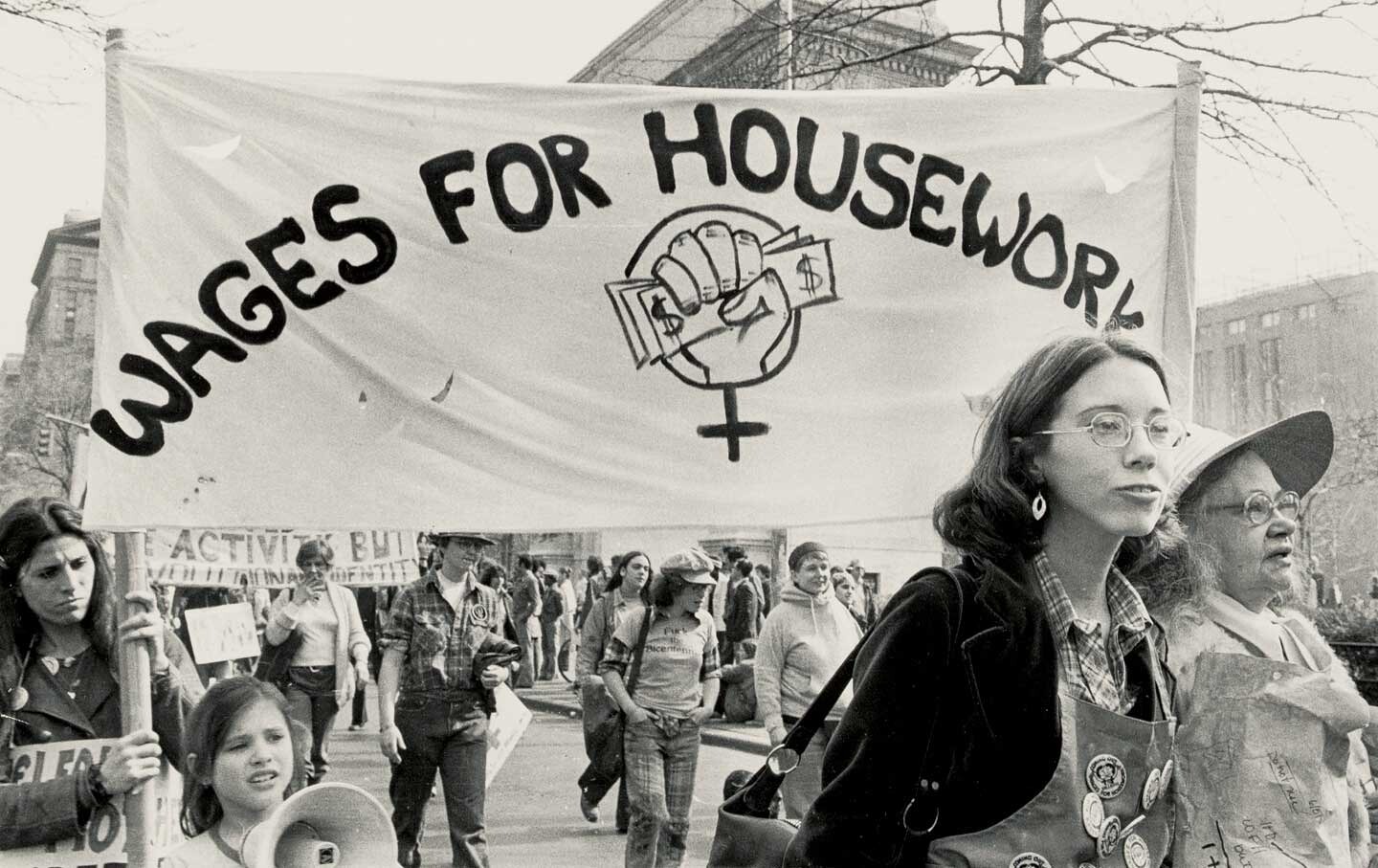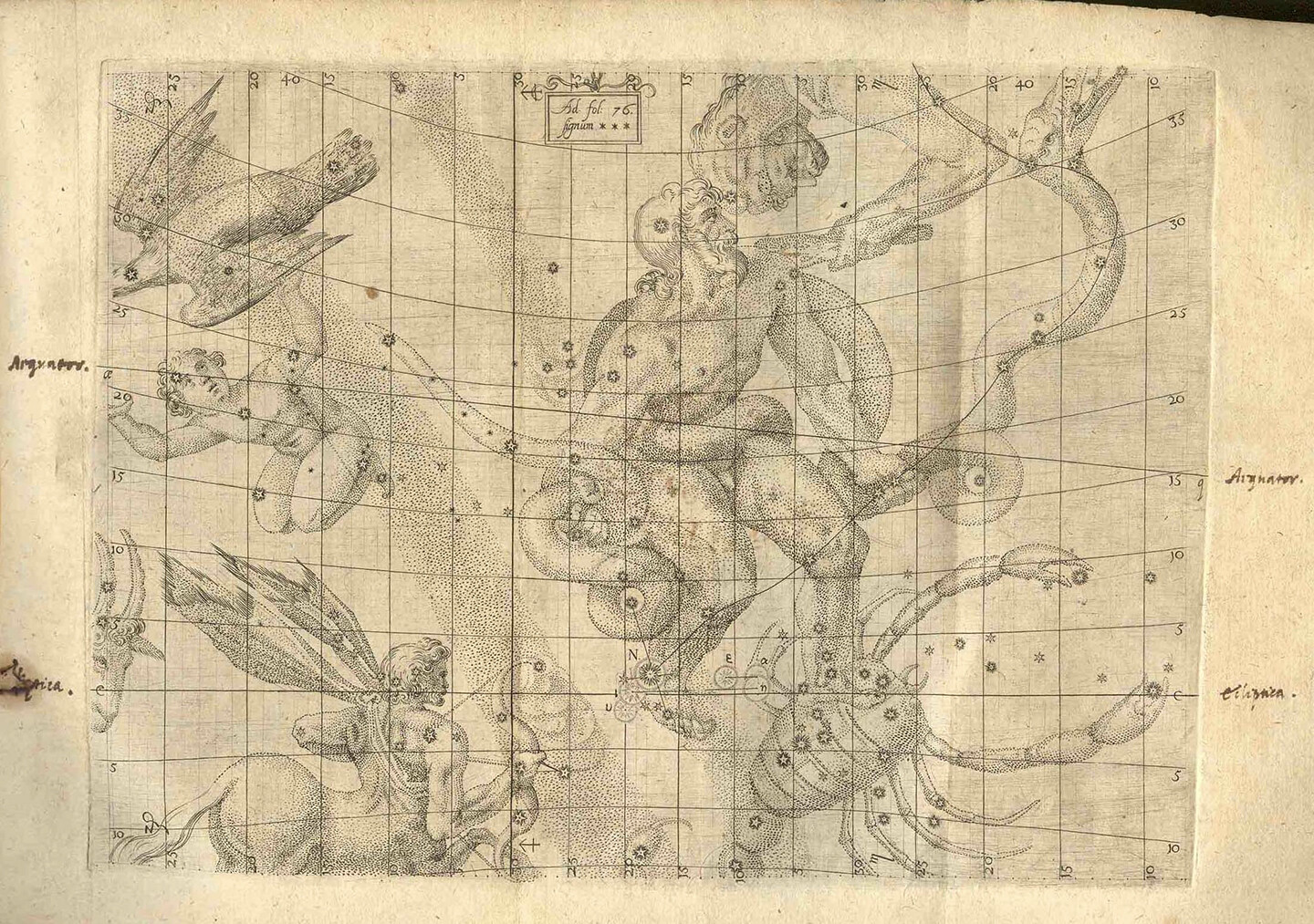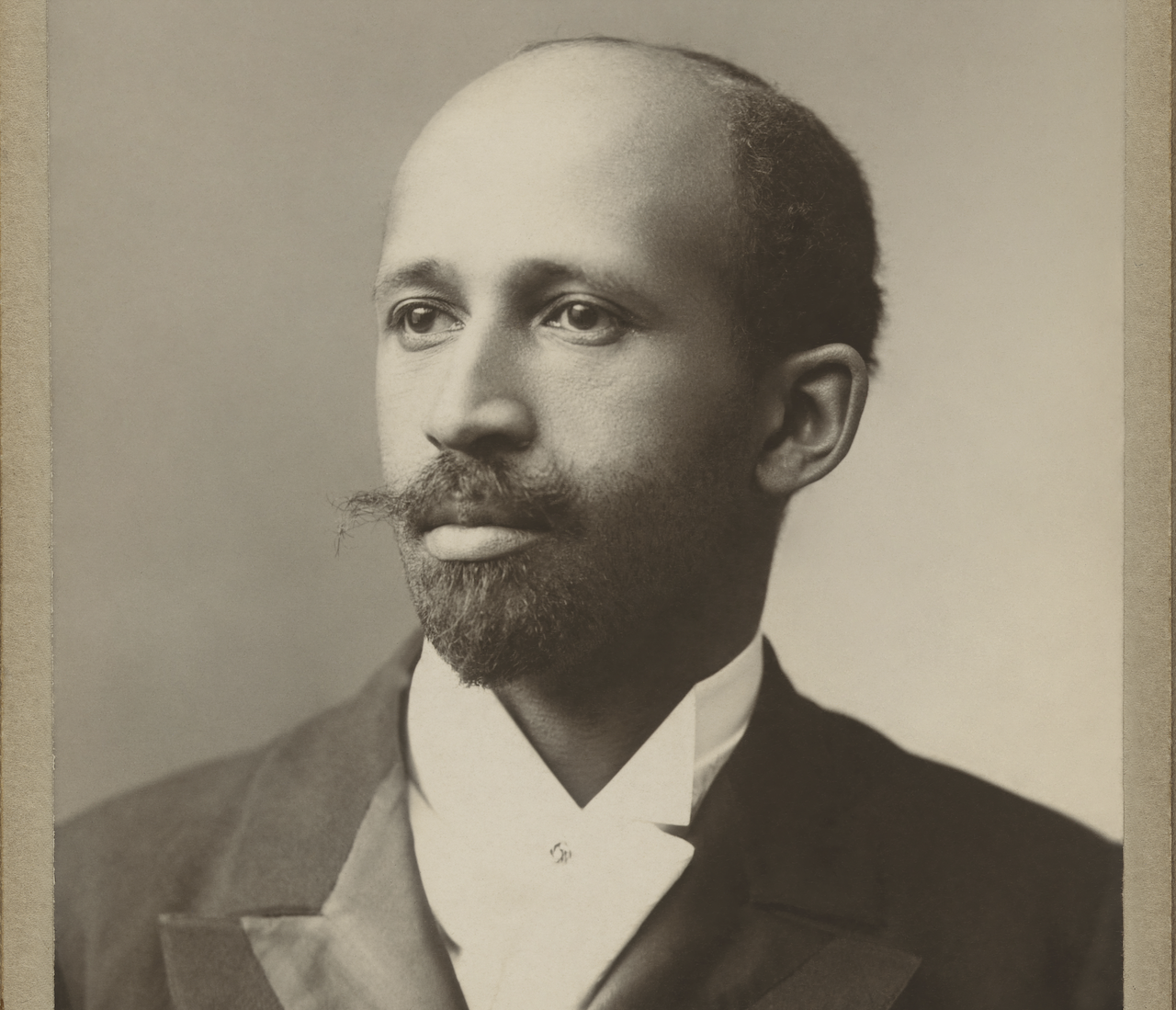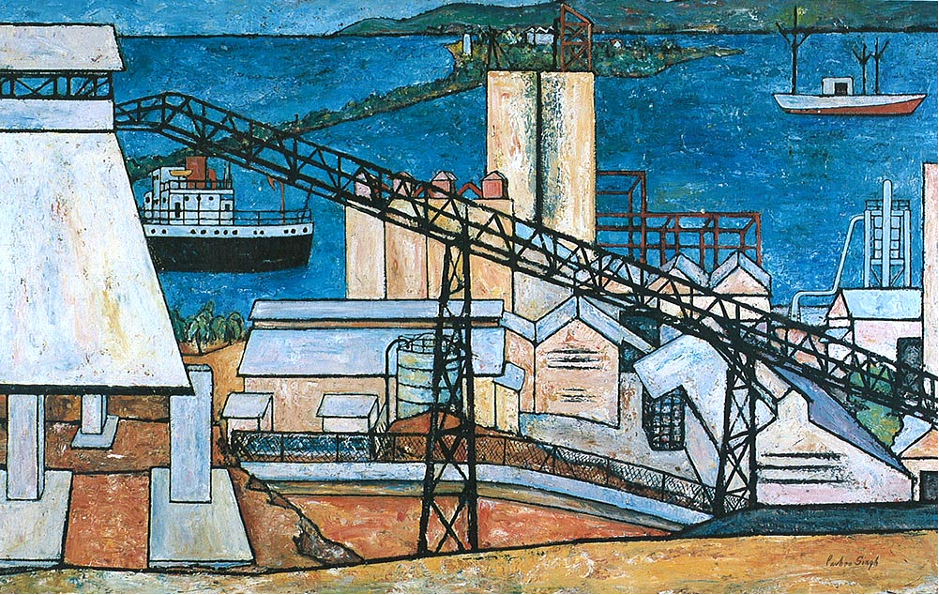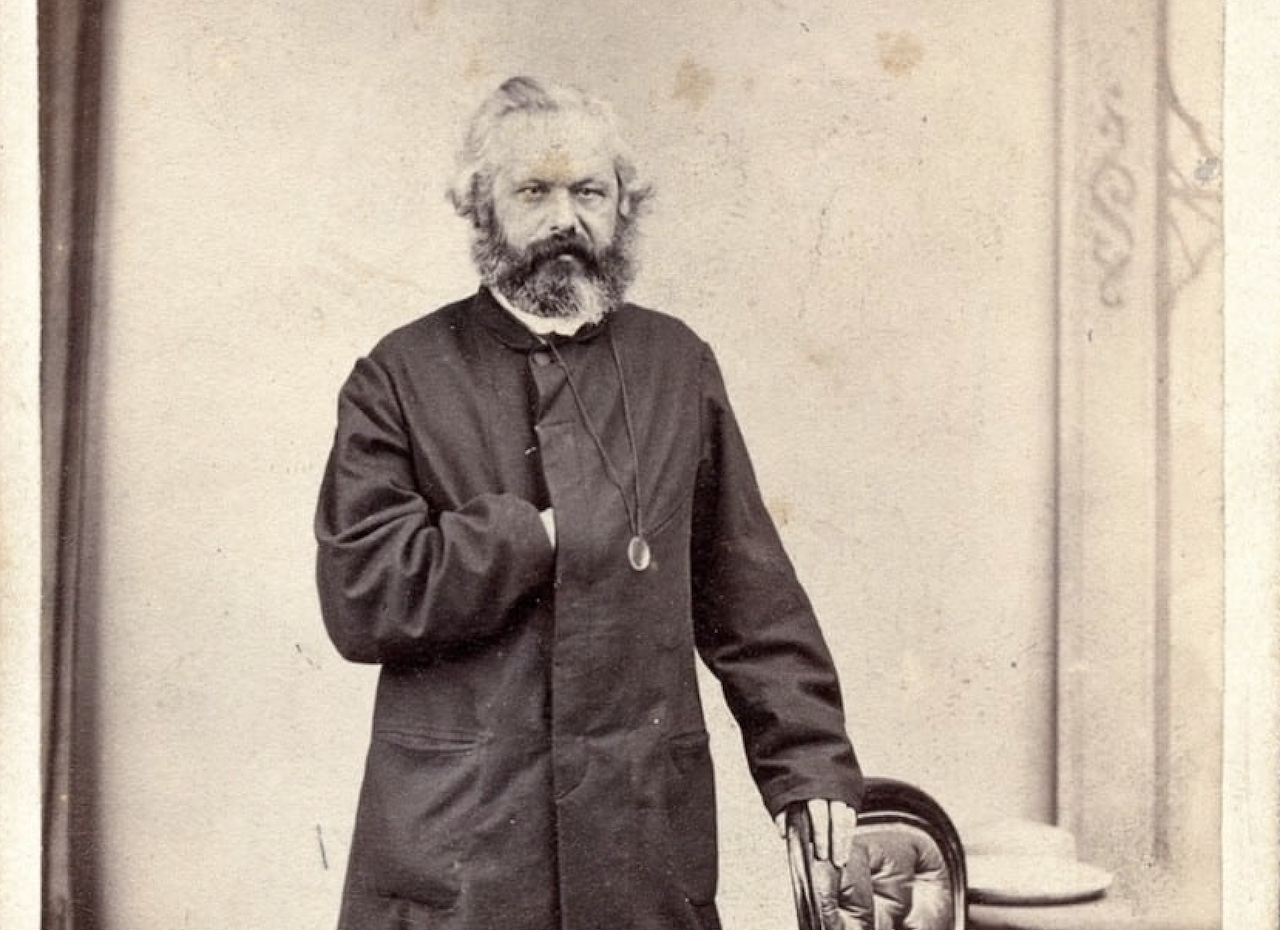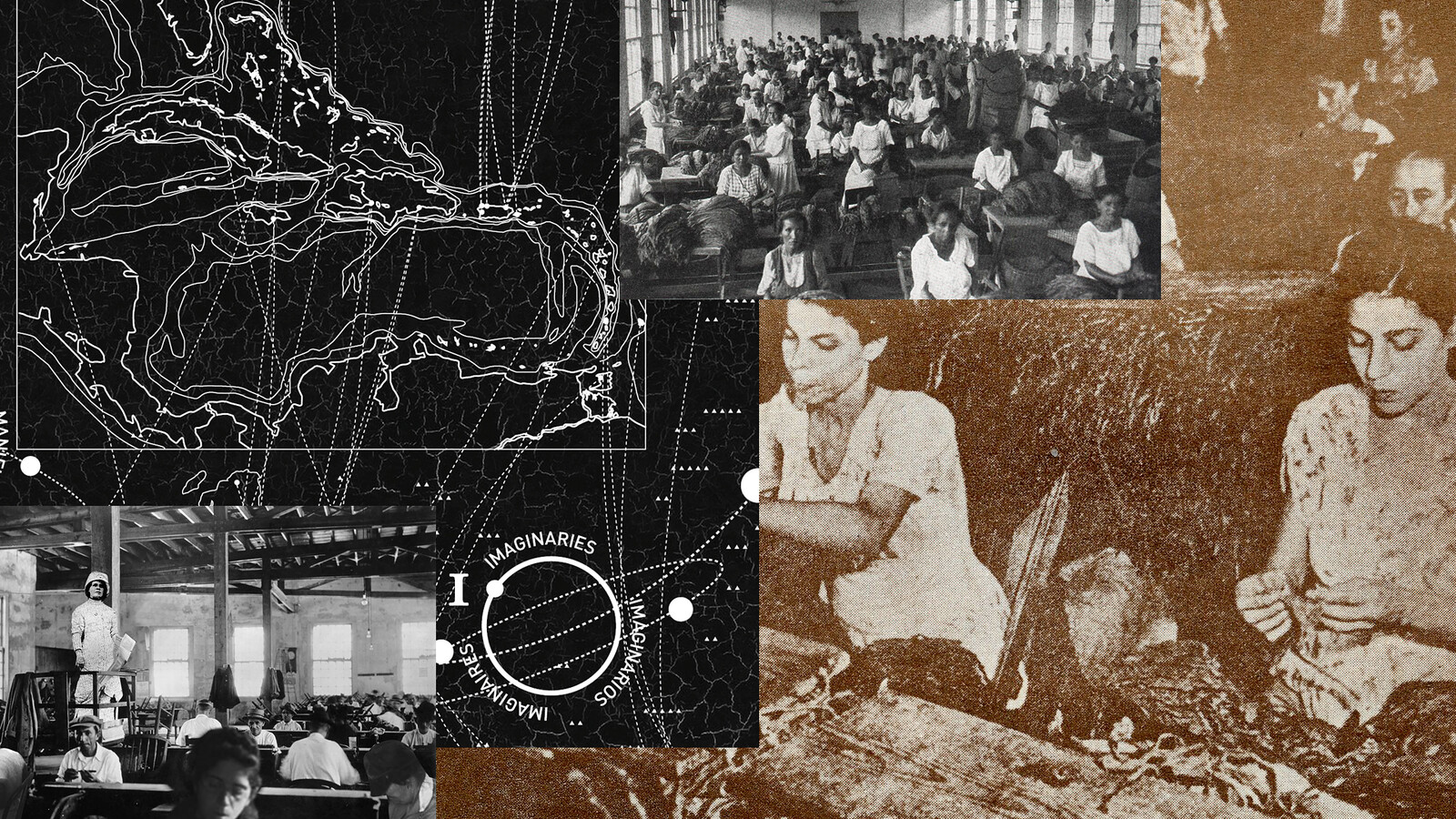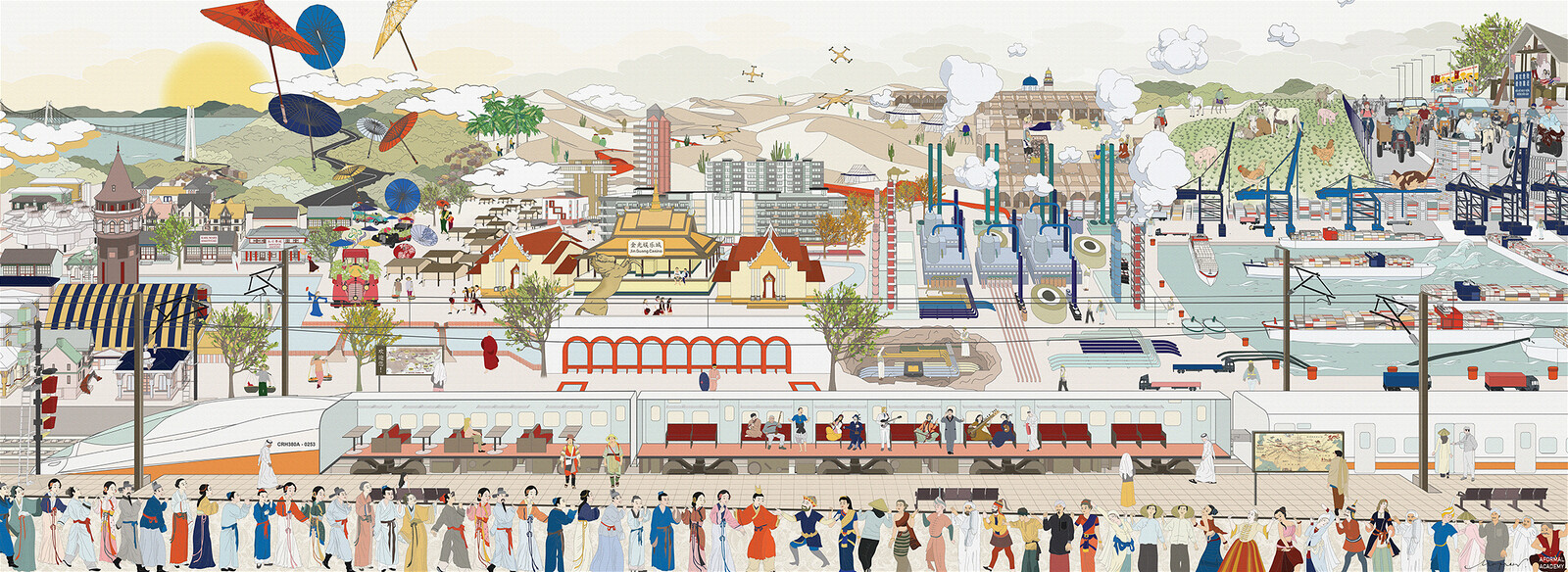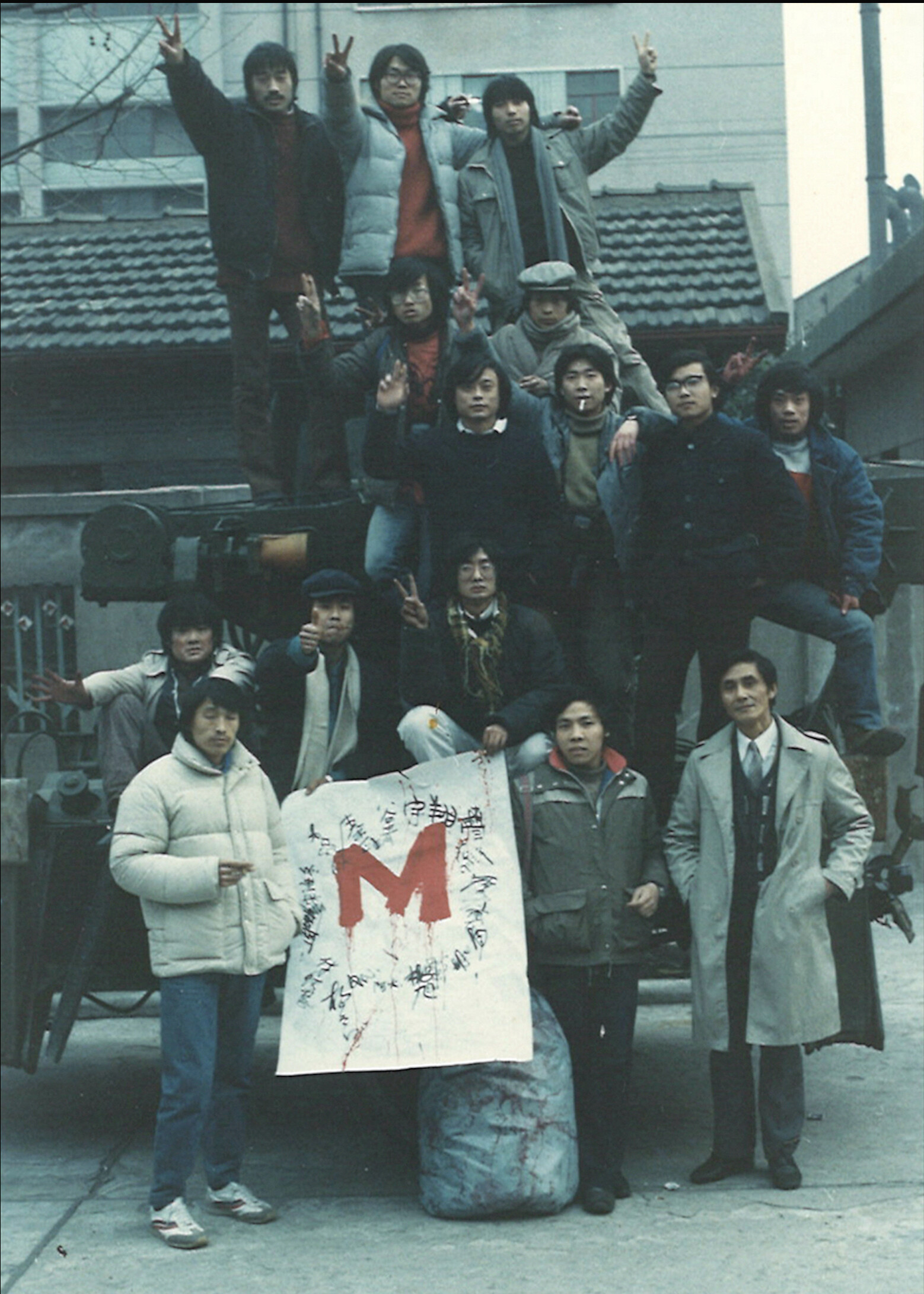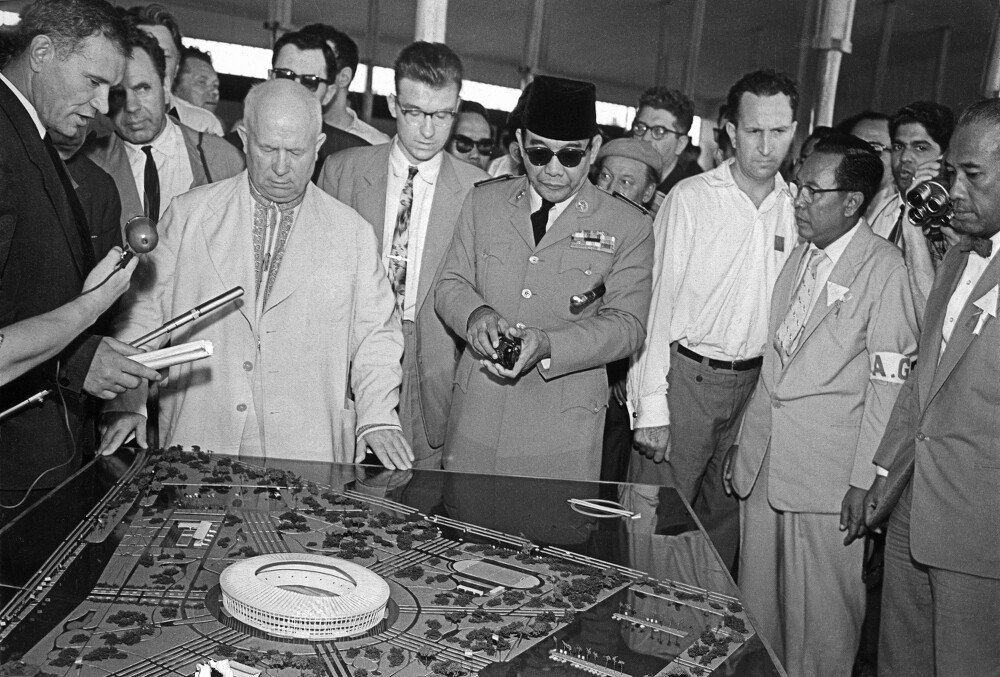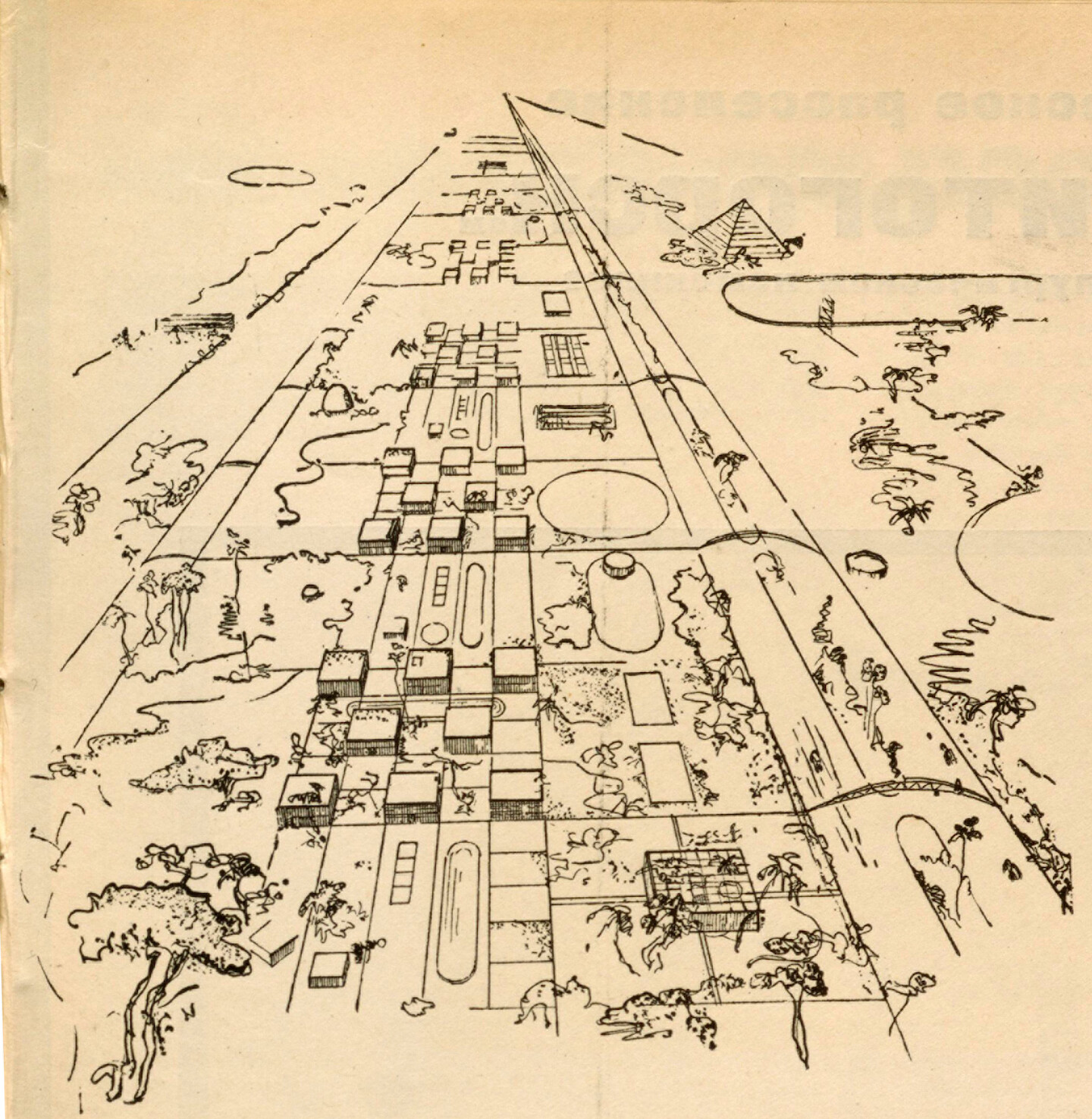Under the “Eye of the Sun” (ekleipsis): A Talk by Akira Mizuta Lippit
Yuk Hui in Conversation with Brian Kuan Wood: Technology, Nationalism, and Post-Globalization
The concept of value is nothing, for communists, if not a crosshair that flashes red when we need to smash something. There is also in Marx a tendential theory alongside the heuristic theory. The light of communism revealed for Marx a directionality to capitalist production, one that pointed toward its ruin but also its overcoming by communism.
The exchange implied in the man/woman relationship has a twofold nature: on the one hand, it is an exchange between variable capital and domestic labor; on the other it is an exchange between variable capital and prostitution. On the formal level, it represents itself as an exchange between the wage and domestic labor or prostitution labor and between male worker and housewife or prostitute. However, in reality it is an exchange between variable capital and the labor of domestic work or prostitution and between the houseworker or sex worker and capital, mediated by the male worker. In other words, the exchange of the wage for domestic work (or prostitution) between the male worker and housewife or prostitute is the form of the real exchange that takes place between the houseworker or sex worker and capital.
The formation of a market economy (merchants as masters) widens and expresses something not new—capital—in a very new way. With the supernovas, academic knowledge divorces the church and marries capital. And this new union, this encompassing fate for the world, was not written in the stars (or spontaneous). It’s conceivable that after 1579, a thousand more years might have passed without a break from Aristotle. Civilizations might have risen without any concession to the market economy. West African drumming might have continued its dominance over long-distance communication. It was the second supernova that sealed the deal for the emergence and expansion of the universal market. Giambattista Vico, Adam Smith, Hegel, and ultimately Marx confused this specific form of universal history with the transhistorical history of “mankind.”
The current art economy offers little incentive for artists to commit to long-term engagement with communities, as such efforts do not easily translate into professional cachet. Nor does the economy reward artists who share ownership or authorship through collective maintenance. In such an unrewarding environment, artists who commit to long-term change and communal collaboration effectively take the activist approach, making personal investments to pursue the social change they desire even though there is no promise of financial or other returns. This is a systematic inadequacy.
Gary Zhexi Zhang: Catastrophe Time!



